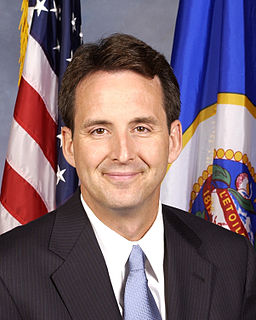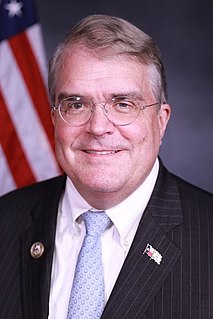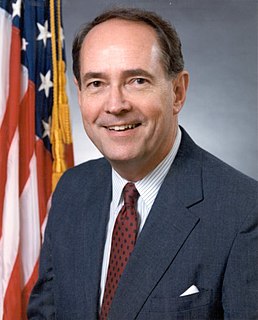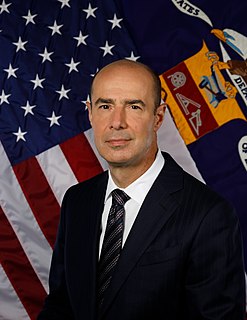A Quote by Tim Pawlenty
The federal government is responsible for addressing how to address the status of the estimated 9 to 15 million people who are in the country illegally, but local and state law enforcement can be helpful partners in that regard.
Related Quotes
It is a travesty, in my mind, for the state and local governments on the one hand to expect the Federal government to reimburse them for costs attributable to illegal immigrants, when on the other hand the State and local governments prohibit their own law enforcement and other officials from cooperating with the Immigration and Naturalization Service to locate or apprehend or expel illegal aliens.
To argue that it is unconstitutional for local law enforcement to be a legitimate partner in immigration enforcement is shortsighted. It is evidence of a lack of commitment to securing our borders and a lack of appreciation for the proper role of the states in supporting federal law enforcement priorities.
No-knock police raids destroy Americans' right to privacy and safety. People's lives are being ruined or ended as a result of unsubstantiated assertions by anonymous government informants. ... Unfortunately, no-knock raids are becoming more common as federal, state, and local politicians and law enforcement agencies decide that the war on drugs justified nullifying the Fourth Amendment. ... No-knock raids in response to alleged narcotics violations presume that the government should have practically unlimited power to endanger some people's lives in order to control what others ingest.
































